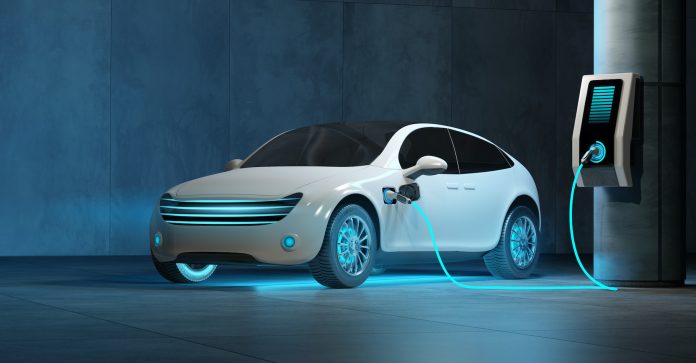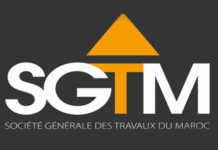Morocco could be home to 2.5 million electric vehicles by 2035, if the country follows the roadmap laid out by IMAL, North Africa’s first climate-focused think tank. In a new report unveiled Thursday in Rabat, the organization proposes an ambitious strategy that couples rooftop solar power with smart electric mobility to dramatically reshape the nation’s energy landscape.
According to the study, Morocco has a unique opportunity to meet nearly all its electricity needs by tapping into two largely underused resources: solar panels installed on buildings and a nationwide fleet of electric vehicles integrated with the power grid. This approach could transform how energy is produced, stored, and consumed, making the system more resilient, cost-effective, and aligned with Morocco’s climate goals.
The report ties directly into Morocco’s New Development Model, which calls for tripling the country’s installed renewable energy capacity by 2030. IMAL’s analysis builds on projections from the National Low-Carbon Strategy, which foresees 2.5 million electric vehicles on Moroccan roads by 2035. These vehicles would be equipped with Vehicle-to-Grid (V2G) technology, allowing them not only to draw power from the grid but also to feed electricity back into it. If fully implemented, their combined storage capacity could account for up to 91% of the country’s energy demand.
When paired with urban solar infrastructure, especially rooftop photovoltaics, this intelligent form of mobility could dramatically reduce Morocco’s reliance on imported fossil fuels. By smoothing out demand spikes and increasing the grid’s flexibility, it would also help stabilize the overall energy system.
Beyond the environmental benefits, the report highlights significant economic and social gains. A decentralized energy model like the one proposed could generate around 43,000 jobs by 2035, with employment opportunities spread across all regions of the country. It would also enhance energy equity by allowing citizens and local communities to become active players in electricity production.
To support this transition, IMAL calls for a series of reforms. Key among them is the swift implementation of Law 82-21 on self-production, starting in 2026. The report also recommends investing in smart grids, introducing dynamic electricity pricing, and establishing a national fund to help households and small businesses adopt clean energy technologies.
The think tank emphasizes the need to revise building codes to incorporate green standards and to streamline institutional governance around climate and energy issues. It also proposes creating a national platform, “V2X Morocco,” which would coordinate and optimize how electric vehicles interact with the grid and other energy systems.
To bring this vision to life, IMAL plans to take its proposals to the local level through a series of regional presentations in partnership with local stakeholders and the Moroccan Alliance for Climate and Sustainable Development.





